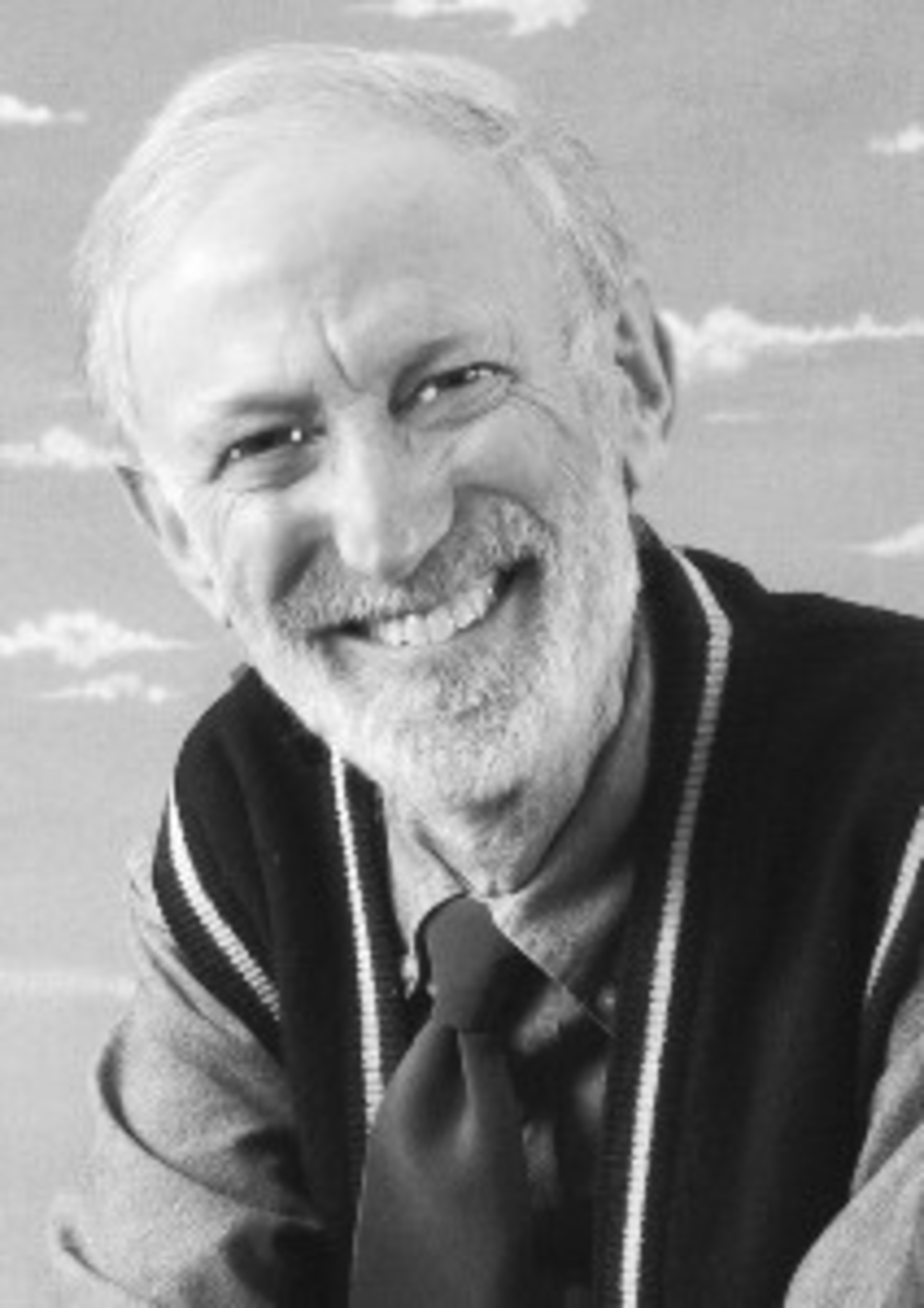It’s no fable: Jewish culture is far-reaching
Aesop, of the Fables, was taken hostage and enslaved by the Athenian Greeks: Is the central moral of his tales, in any sense, Jewish?
Well, the very word, or name, “Aesop” is probably a variation of the title “Ethiope,” and John Singer Sargent painted a close-up portrait of Aesop that ambiguously suggests a racial mix.
The theme of many of the fables is that the smallest ally can come to the rescue of the powerful. A sculptor named Nancy Schon made a choice of certain plots to illustrate, and to display lavishly in a nearby public library.
The trouble is that people prefer to reduce folklore to a childish level, and to emphasize sound advice for toddlers and other youngsters. Advice, useful guidance, that sort of thing.
My all-time favorite of the Aesop plots is, however, the plight of a stag that is blinded in one eye by hunters, with an arrow. So, the stag climbs a mountain, with an ocean view, and thus survives for a spell. But wait! The cruel hunters find a boat and figure out how to sneak an attack from the sea.
“Ah,” proclaims the doomed and dying stag, “I see now, you cannot escape your fate.”
In real life, Aesop the artist was indeed murdered by being thrown from a cliff, just as he seemed to predict.
There was a period in northwestern Ethiopia, in the Simien mountains, when the Jewish heirs to the bond between ancient Israel and its African allies survived and flourished and led them to modern Israel and the rescue of the remainder!
I wished and hoped that the artist Nancy Schon had added some images from stranger and more melancholy messages from the mysterious Aesop. Nevertheless, I want to thank my son, Reuben, for driving me to Wellesley, Massachusetts, and recording our visit in quest of questions not only about this particular wondrous storyteller but for perhaps a wider search.
Is the “Wandering Jew” not only an often antisemitic parable of punishment, but maybe, as well, a recognition of how widespread the Hebrew people, and their culture, was and remains, to our day and beyond?
MIKE FINK (mfink33@aol.com) is a professor emeritus at the Rhode Island School of Design.








